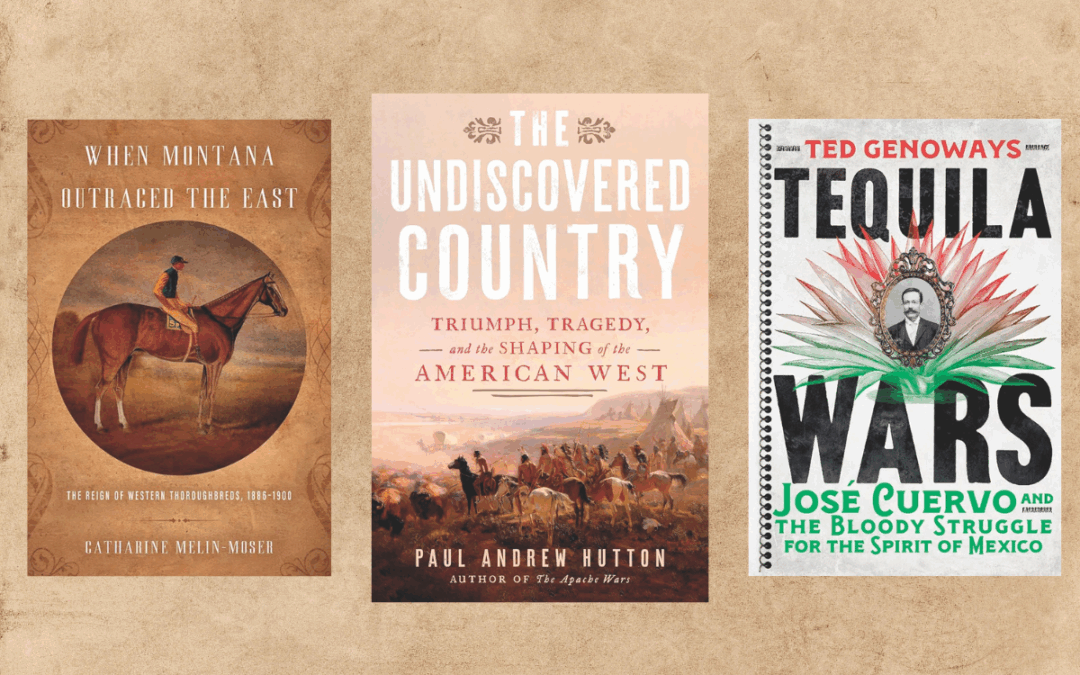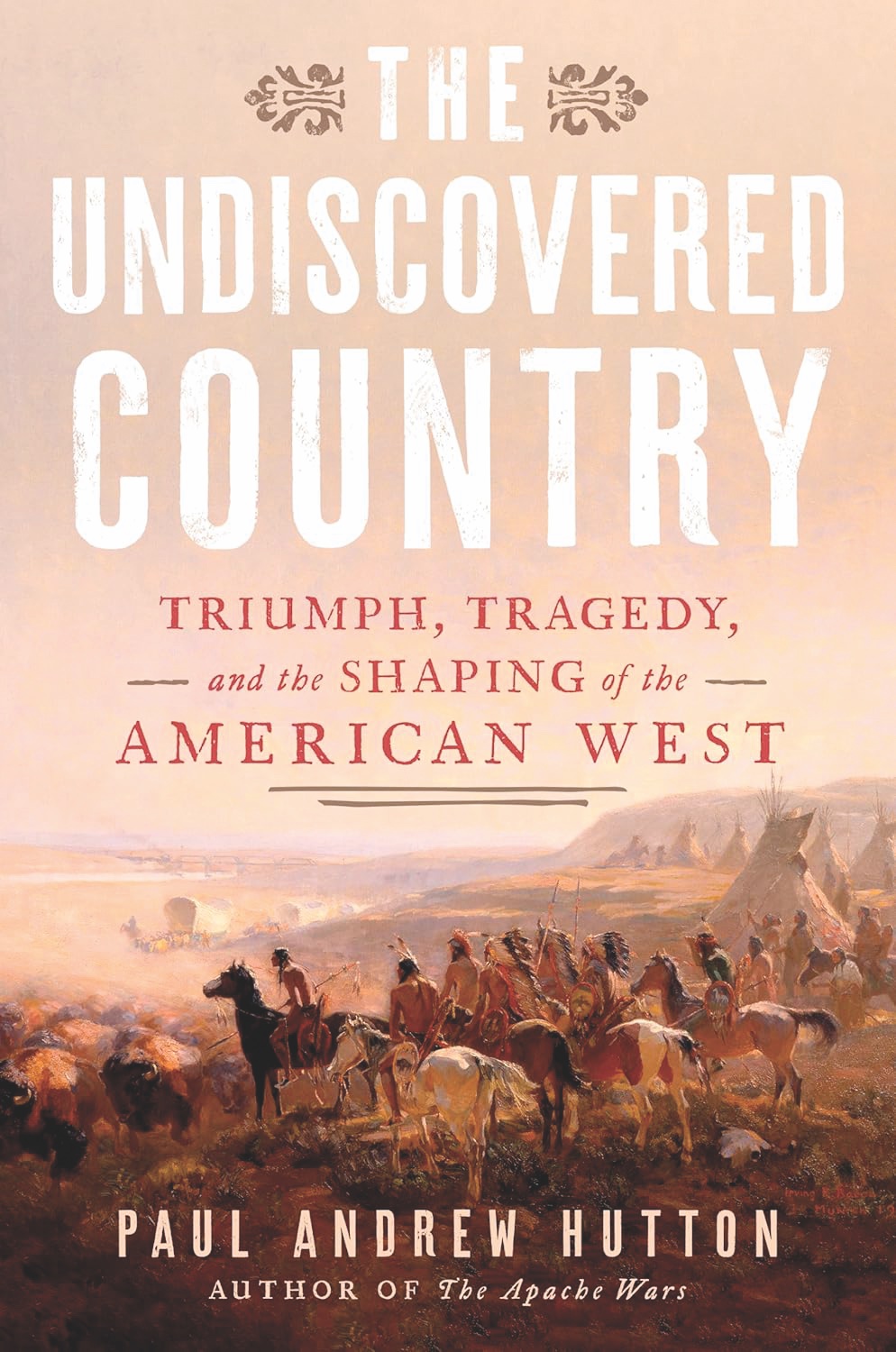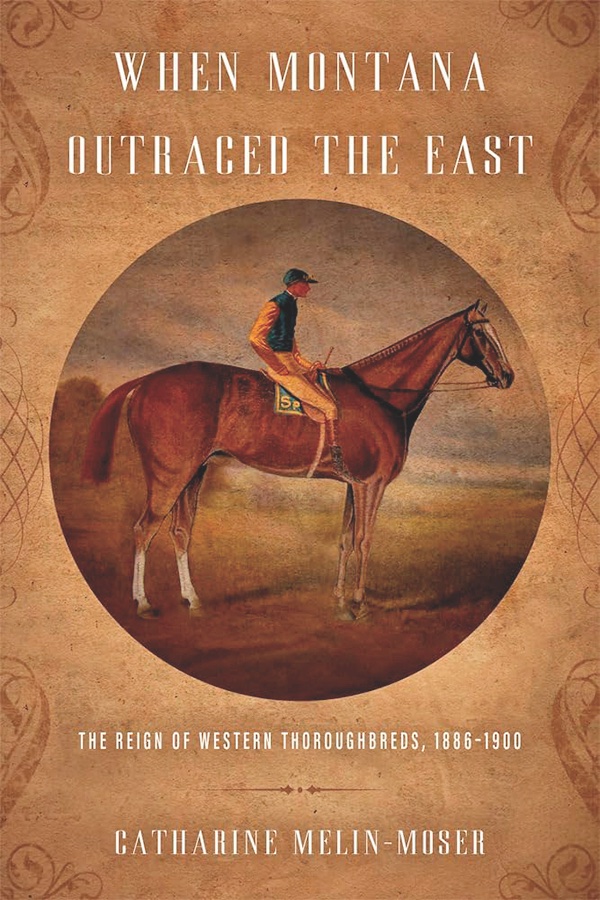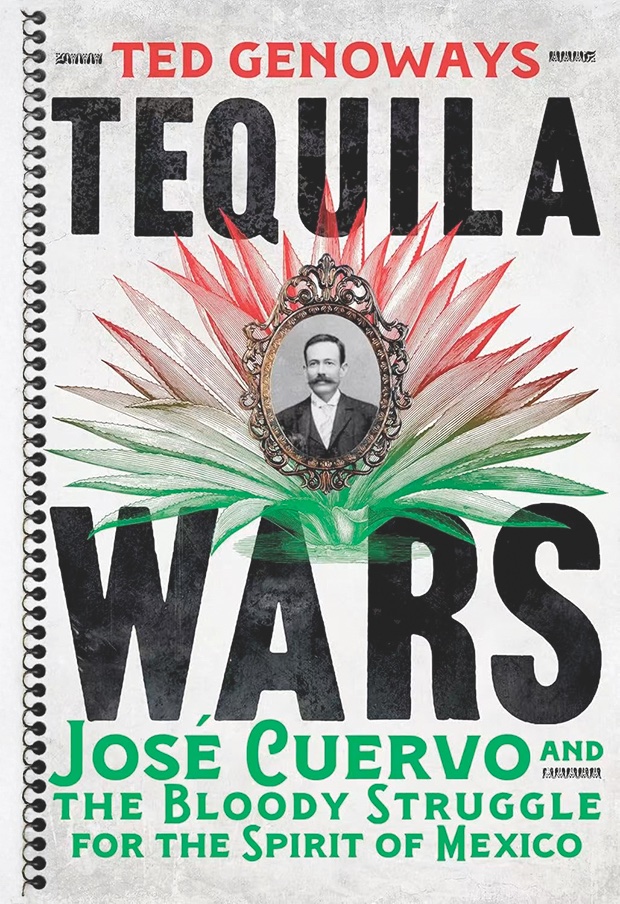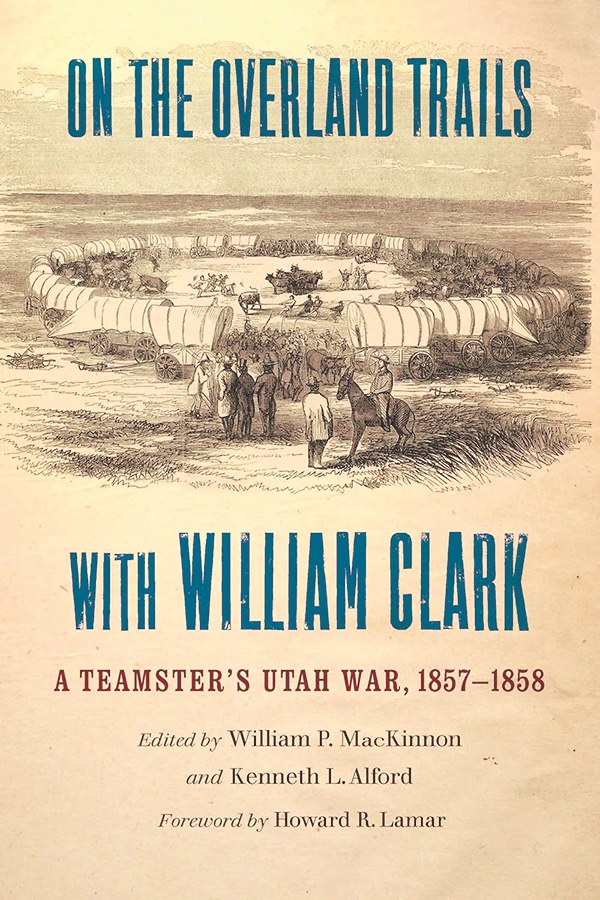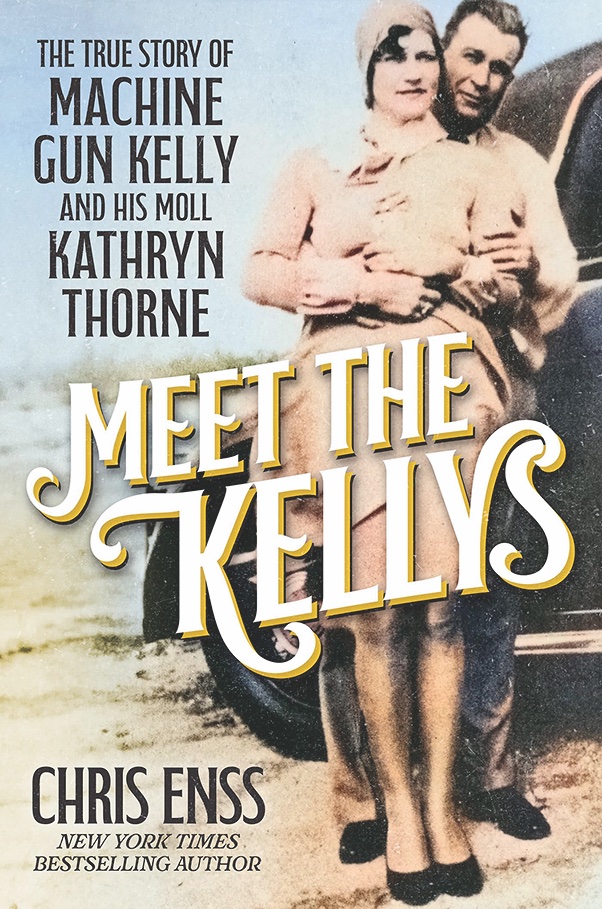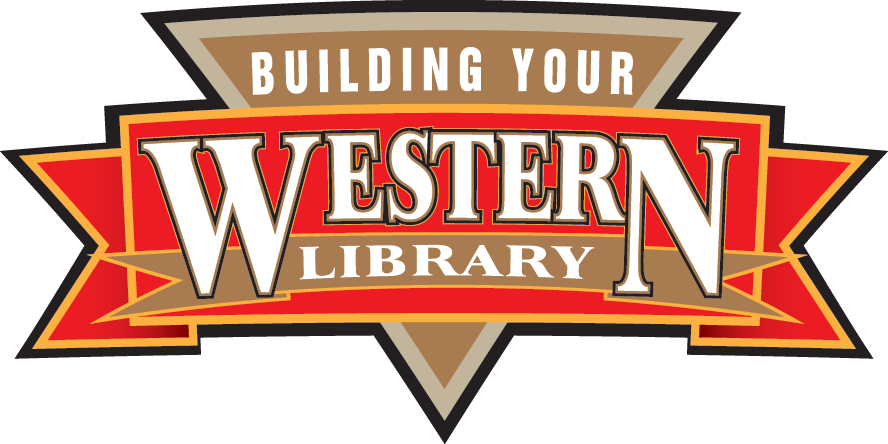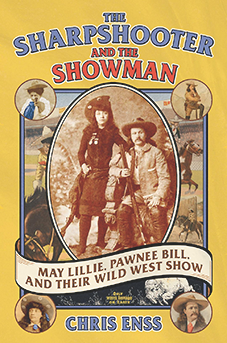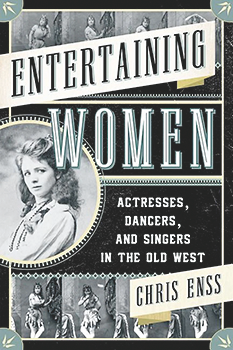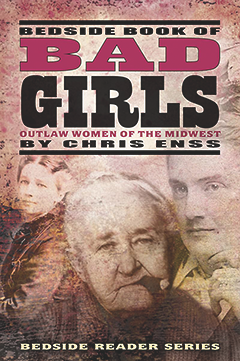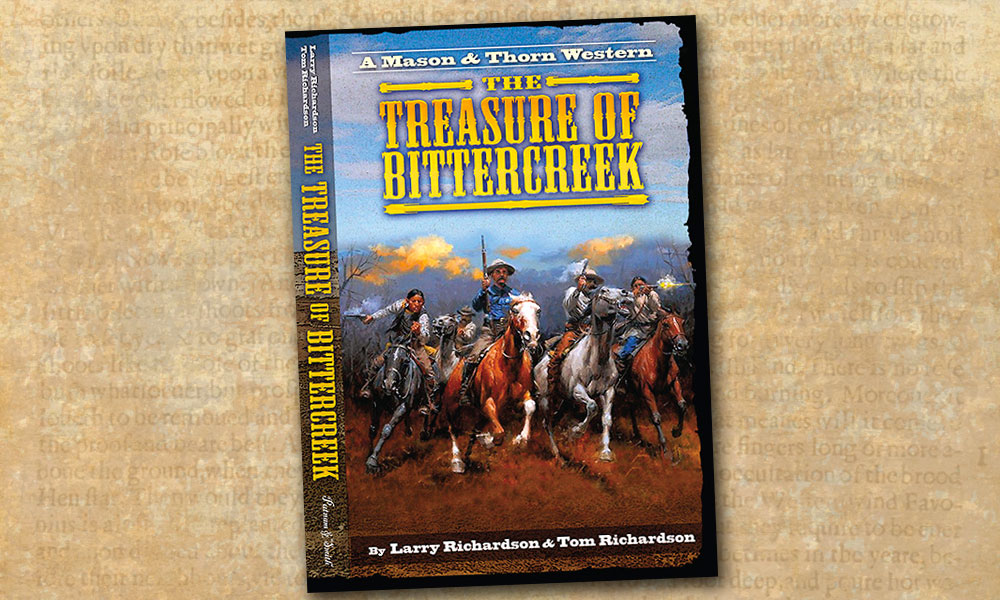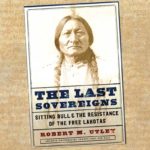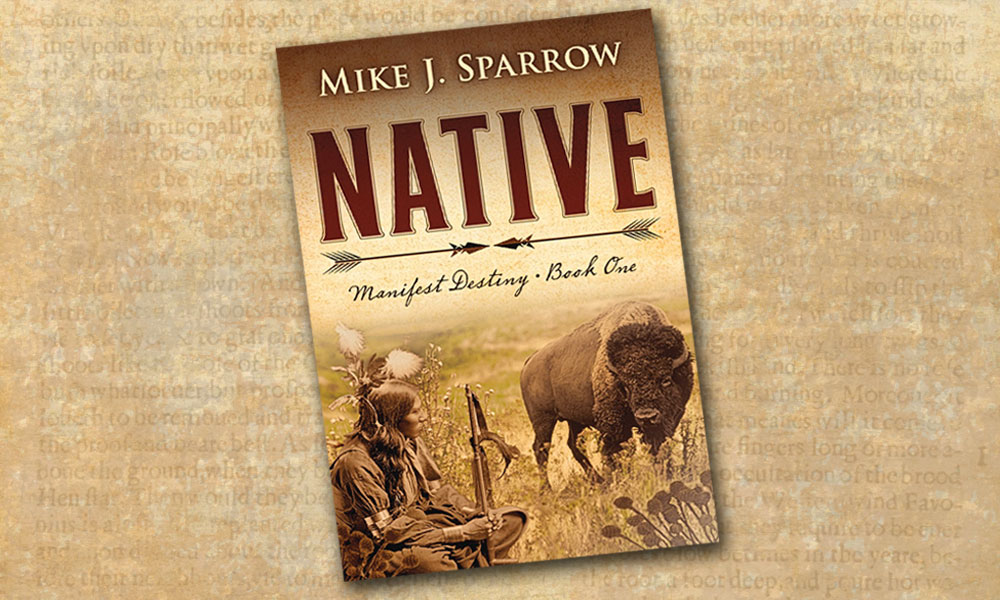Paul Andrew Hutton’s The Undiscovered Country, plus new books on Montana’s racehorses, the notorious Kellys, Jose Cuervo, and a rare diary of the Utah War.
For more than four decades, award-winning historian Paul Andrew Hutton has been a major influence on the historiography of Western American history. As a champion of the genre, he has applied his passion in every theater of the subject matter to tell the story of the West. From the classroom to documentary film, from journal editor to author, Hutton has been at the forefront of researching, writing and recounting the story of the American West for generations of students and scholars. His latest book, The Undiscovered Country: Triumph, Tragedy, and the Shaping of the American West (Dutton, $35), will undoubtedly be considered his finest work, a true capstone on his academic and professional journey from his undergraduate studies at the University of Indiana to his most recent post as interim curator of the Buffalo Bill Museum at the Buffalo Bill Center of the West in Cody, Wyoming.
Hutton writes in his Preface, “The Undis-covered Country tells the epic story of American westward expansion from the era of the American Revolution to 1900.” The book’s title, a nod to Shakespeare, refers to the dark irony of how the conquest of the West built a new nation, but at the cost of the destruction of another people and the pristine land that had sustained them.
As an indirect student of Dr. Hutton’s since my graduate school work at Arizona State University, I have eagerly awaited The Undiscovered Country because of his masterful understanding of the historiography of the American West. From the lessons of his mentor Robert Utley to his lifetime of studying Frederick Jackson Turner’s “Frontier Thesis” and Ray Allen Billington’s thesis of “American Excep-tionalism,” Hutton has written the finest single volume on the history of American Westward expansion. He illustrates the creation of the “idea” of the American West through the lens of seven of its most influential protagonists—Daniel Boone, Red Eagle, Davy Crockett, Mangas Coloradas, Kit Carson, Sitting Bull and William “Buffalo Bill” Cody. Hutton’s literary style and mastery of the subject matter carry the reader through the pantheon of American history from the startling violent clash of cultures and empires along the ridgelines and river valleys of the 18th-century Appalachian West to the seismic and abrupt collision of frontier and industrial America in the first two decades of the 20th century.
How will Hutton follow up such a comprehensive and scholarly magnum opus? I, for one, am eager to find out. But in the meantime, I plan to go back and reread The Undiscovered Country for inspiration for my own research—and I believe you will want to, too.
—Stuart Rosebrook
Big Sky Steeds
When you think of Western horses, the wild mustangs of legend and lore are at the top of the list for most historians. What you don’t think about are racehorses—Thoroughbreds, to be exact—as an important part of the history of horses in the West. In Montana author Catharine Melin-Moser sets the record straight for all of us in When Montana Outraced the East: The Reign of Western Thoroughbreds, 1886-1900 (University of Oklahoma Press, $34.95). A passion project for 14 years, Moser’s research into this little-known history of Montana’s record-breaking Thoroughbred breeders and horses is impeccable but not unabridged; as she states in the Introduction: “this book is not a history of 19th-century Thorough-bred horse racing in Montana. Rather, it is a study of Montana’s influence on and contribution to American horse racing by way of three of her frontiersmen, Noah Armstrong of Twin Bridges, Samuel E. Larabie of Deer Lodge and Marcus Daly of Anaconda.”
Spirit of a Nation
In the shadows of the Mexican Revolution, a small distillery called La Rojeña in the Tequila Valley of Guadalajara grew into a “complex national enterprise.” José Cuervo, the man who inherited the distillery, saw a vision for his new tequila empire. Tequila Wars: José Cuervo and the Bloody Struggle for the Spirit of Mexico by Ted Genoways (W.W. Norton, $31.99) is the dramatic, virtually unknown story of how one family’s humble beginnings transformed a drink and country at the dawn of the 20th century. Author Ted Genoways places Cuervo among Mexico’s key players during this volatile and formative period. A sort-of force against the nationalist and revolutionary leaders like Pancho Villa and Zapata, Cuervo sought to market his product in the United States with stunning success and suspended normal competition in favor of a “union of tequila makers,” which could be considered Mexico’s first cartel. Tequila Wars is a fascinating biography of a man and his drink, but also is a book that sheds new light on Mexico during the revolutionary years and beyond.—Erik J. Wright, assistant editor of
The Tombstone Epitaph
The Utah War Revisited
The little-known Utah War was less of a war in the traditional sense, but a series of political maneuverings made by the United States Government and the Church of Jesus Christ of Latter-day Saints. This is not to exclude horrific events such as the Mountain Meadows Massacre of September 11, 1857, or the Aiken Massacre later that same year. In On the Overland Trails with William Clark: A Teamster’s Utah War, 1857-1858 (Bison Books, $26.95), editors MacKinnon and Alford have pulled from obscurity a rare and underutilized diary from a Russell, Majors, and Waddell employee who was a firsthand witness to the political and social turmoil in the Mormon country during this period. His diary offers a rare perspective–that of an outsider–into what happened during those critical years between the Mountain Meadows Massacre and the Poland Act. First published in 1922, the journal languished in archives with little use to researchers until its context was fully realized. Handsomely illustrated with notes and an index, this book is an absolute must-have for anyone looking to better understand the deeply complex history of violence in Utah during the mid-1800s.
—E.J.W.
Crime Does Not Pay
The American West is a land of mythic proportions, and its stories are as endless as its vistas. When does the story of the West and the people who made it legendary begin and end? That is a debate that will never be satisfactorily answered, but Chris Enss makes a good argument in Meet the Kellys: The True Story of Machine Gun Kelly and his Moll Kathryn Thorne (Kensington, $29) that they should be remembered as part of a violent blood-soaked chapter of Western American history. From the first page to the last, Enss takes the reader on the Wild West rise and fall of the Kellys in a new era of Western gangsterism. The reader will realize early on that the Kellys’ actions can be compared to their 19th-century outlaw “cousins,” the James Gang, the Cow-boys and the Wild Bunch. Like John Dillinger and Bonnie and Clyde, the Kelly Gang left a trail of violence, bootlegging, bank robbery and kidnapping. What they did not know was that their actions would lead to the rise of J. Edgar Hoover’s FBI to quell this new era of Western outlaws who had traded in their horses for cars and their Colt .45s for machine guns.
—S.R.
California Author Shares Her Passion for Women in the West
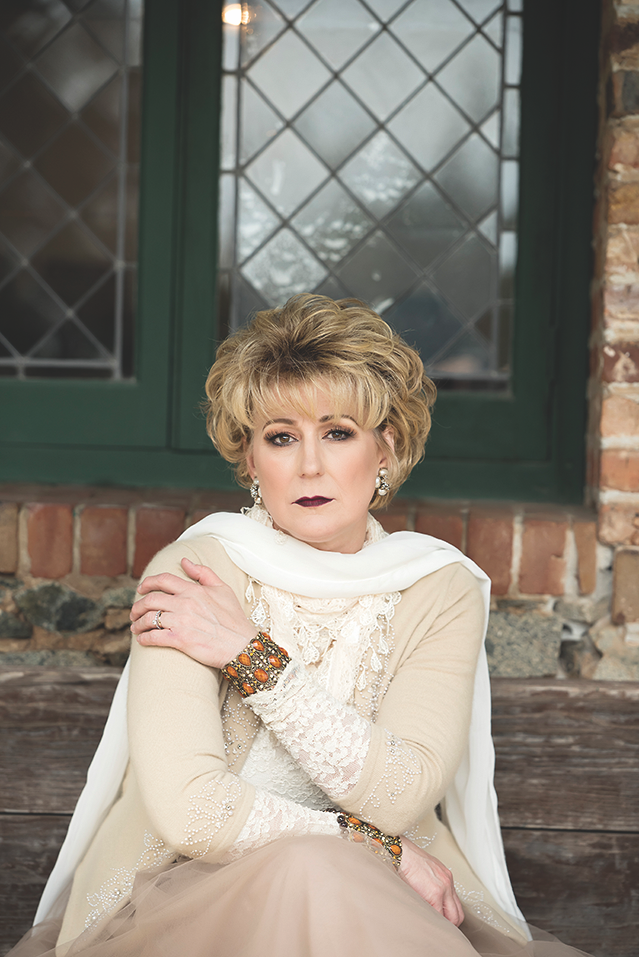
New York Times bestselling author Chris Enss has written more than 40 books about women of the West. Her latest is Meet the Kellys: The True Story of Machine Gun Kelly and his Moll Kathryn Thorne. Enss is also the executive director of the Will Rogers Medallion Award program held at the Will Rogers Memorial Museum in Claremore, Oklahoma, October 30 through November 1. Her are her a few of her favorite books about women of the West.
The Dugout by Zoe Tilghman (Harlow Publishing Co.): Zoe was an accomplished novelist and poet who worked for the Federal Writer’s Project and was a fact-checker for True West magazine. The Dugout was her first historical novel set around the Arkansas and Cimarron rivers in Oklahoma.
The Bloody Bozeman: The Perilous Trail to Montana’s Gold by Dorothy M. Johnson (McGraw Hill): A history of the Bozeman Trail, which led to the goldfields of Montana, begins with the creation of the trail in 1862 and follows the events of 1863 through 1868.
Helen Hunt Jackson: A Literary Life, 1830-1885 by Kate Phillips (University of California Press): An examination of the work of novelist, travel writer and essayist Helen Hunt Jackson who was one of the most successful authors and most passionate intellects of her day.
Rodeo Road: My Life As a Pioneer Cowgirl by Vera McGinnis (Hastings House): The autobiography of one of the first women to travel the rodeo and Wild-West-show circuits.
Invisible: The Forgotten Story of the Black Woman Lawyer Who Took Down America’s Most Powerful Mobster by Stephen L. Carter (Henry Holt and Co.): Eunice Carter, one of New York’s first female Black American lawyers and one of the first Black American prosecutors in the United States, helped bring down notorious gangster Lucky Luciano.

